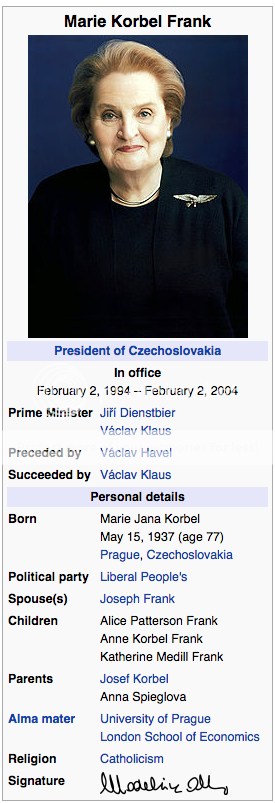1926 and 1928 elections
After becoming the first Vice-President to ascend to the Presidency and be elected to the office, Hunt managed to push through a rather impressive legislative package. Banking reform, a national pension problem, a new insurance program for a majority of Americans, and some liberalization of alcohol laws (to the rage and offense to the Prohibitionists). Congress changed very little due to the support of the Hunt Administration.

However as time went on the economy slowed, from late 1926 to early 1928 the economy made at best incremental improvements or more often a lethargic slide downwards. By 1928 the country was chafing for change, the rural areas where the Populists reigned supreme wouldn't complain much, but the cities and non-populist strongholds in the Midwest were getting antsy about how much longer the economy would go down, or if it would fall out into a depression. Despite early in office Hunt claimed he'd only served 1 term (the part of La Follette's being somewhat of an interim Presidency), he switched gears in late 1927 and announced he wouldn't run for a 3rd term, owing to Washington's example. The real reason was his unpopularity, and fear of losing by an embarrassing margin.
Hunt annointed former Governor of California, and fellow westerner, John Arthur Elston. Hunt primarily backed him due to his support for the Central Arizona Project back in the late 1910's, and felt his cool and calm personality would be a good contrast to Hunt and provide American's a reliable figure to look up to. Speaker La Guardia had to browbeat the delegates to accept a Socialist, former AFL President and now a Representative from Ohio, William Green. Many Socialists wanted to field a candidate now, feeling Hunt to be weak and now their chance to shine, but Congressional and Union bosses nixed that idea, promising La Guardia they won't run someone against the Populists if they put up one of their own. So the light shone on the mild and likable Green. The Republican's ran the opposite course, choosing James Eli Watson, the famous Indianan who beat Eugene Debs for Governor in 1920. James Alexander Reed of Missouri was chosen by the delegates primarily to attract white Southerner's and some Populists (Reed being a Populist before defecting in 1905 as state senator).

The election was a rallying success for the Republicans. Despite the facade of calmness and integrity Elston put up, rumors of a suicide attempt a decade ago rocketed to the surface and his refusal to talk about it worried a lot of people. Green was put on the spot by newspapers asking what they thought of the rumors, and whether he planned take over like Hunt, to which he categorically denied. The Republicans ran with it, attacking Elston as mentally insane, that he'd attack Japan and would stop trade with China (the anti-Asian rumors ironically sprung up as a result of the
Republican California Attorney General Ulysses Webb enforcing some
Socialist backed Alien Land Bills). Green was meant to draw in Socialists, but many voted for the Republicans out of fear of a electing a suicidal President. Even without the rumors of Elston's mental state, the Populists likely would have lost, albeit by not as much.

Populists were hit rather hard, and Socialists ironically held strong, many of their voters going for a split ticket. The Republicans made good gains but by not enough to take the House on their own, they'd still need the Prohibitionists. The Prohibitionists had been under the hand of Babson for nearly a decade now, he had kept his hand in the business world and in politics rather steadily. His power as House Minority Leader often meant he could bring down any Republican bills if he so desired, keeping patronage and chairmanships in his hands. But a decade of that, coupled with some strange political beliefs he spouted, made junior party members anxious to get rid of him, and Republicans happy to oust the overbearing and autocratic leader. When the new Congress rolled around his party voted him out as leader, and in his place put Sidney Johnston Catts of Florida in his position. Despite being a plan cooked up by the Prohibitionists, the plan primarily help the Republicans, Catts being a vicious racist and even more temperamental and judgmental then Babson, driving most of the Representatives to leave and become Independents. They opposed everything but the most right-wing bills and generally made themselves a nuisance to the Republicans who they regretted plotting with.
Things weren't looking good for anyone at this point, Populists sore from the economy, Socialists for La Follette (albeit that was mostly forgotten by 1930 but some still holding on to it), Prohibitionists for their embarrassing self-defeat, and Republicans for causing a political meltdown in their junior partner, thus leading to a Congress mostly against them on various political sides.
1890 Lodge Bill Timeline:
1892 Presidential and Congressional elections
1894 Congress/1896 general elections
1898 Congress/1900 general election
1902 Congress/1904 general elections
*John Calhoun Bell biography
1906 Congressional elections
1908 General Elections
1910 Congress/1912 general election
1914 House elections
1916 General Elections
1918 House elections
1920 Presidential Election
1920 House and Senate elections
1922 House elections
1924 General Elections



